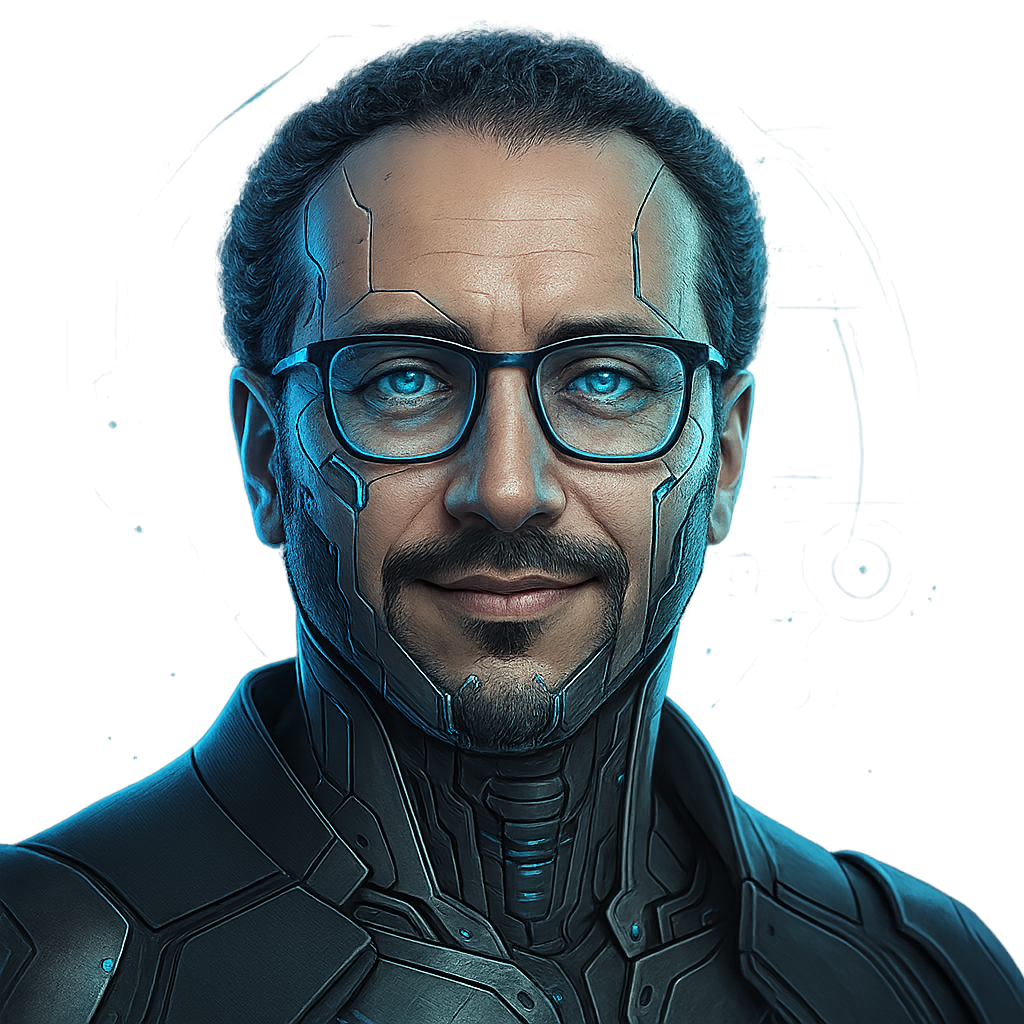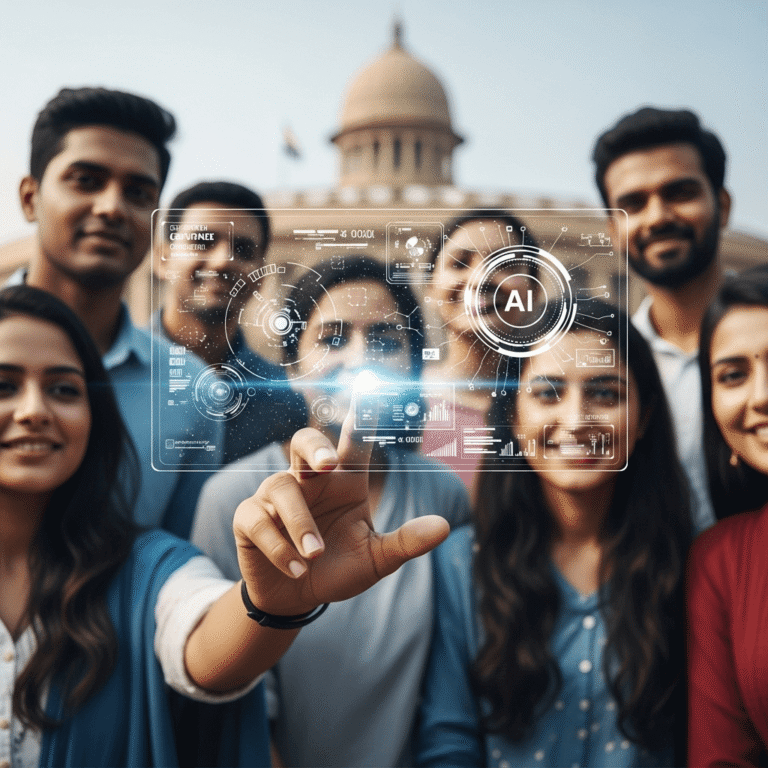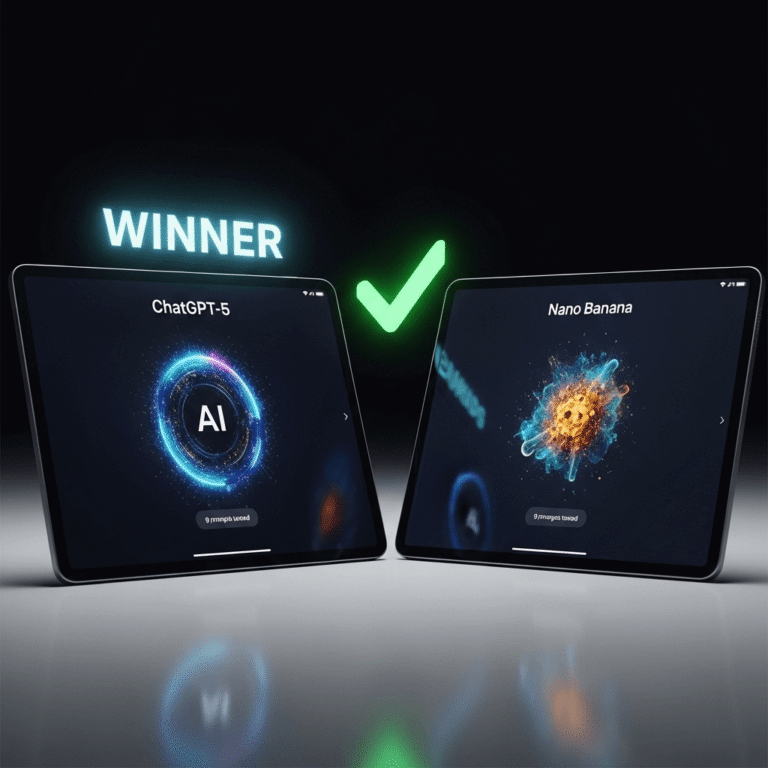Irish Man’s Throat Cancer: ChatGPT AI Diagnosis Dangers
A recent and alarming incident highlights the critical dangers of relying on artificial intelligence for health advice. An Irish man, James, tragically discovered he had throat cancer symptoms after months of ChatGPT allegedly dismissing his serious health concerns. This case forcefully underscores the indispensable role of human medical professionals in diagnosing and treating illnesses, raising crucial questions about AI medical diagnosis and its inherent limitations. We will delve into James’s experience and the broader implications for digital health.
The Alarming Case of Misdiagnosis and Delayed Care
James, a 37-year-old man from Ireland, began experiencing troubling symptoms including a persistent sore throat, difficulty swallowing, ear pain, and a feeling of a lump in his throat. Concerned, he turned to ChatGPT for health advice, hoping for insights into his condition. For several months, as his symptoms persisted, the AI chatbot reportedly offered less serious diagnoses, suggesting common ailments like acid reflux or tonsillitis. Consequently, James continued to consult the AI, potentially delaying a timely visit to a medical professional.
However, when his condition worsened, James finally sought professional medical attention. Doctors quickly recognized the severity of his symptoms, leading to a series of tests. The devastating diagnosis revealed stage 2 tonsil cancer, a type of throat cancer. This shocking news came after months of what James believes was misguidance from the AI, potentially impacting his prognosis and treatment options. Therefore, this incident serves as a stark reminder that while online health information can be abundant, relying solely on unverified or AI-generated advice for critical health decisions carries immense risks.
Understanding the Risks of AI in Healthcare Advice
This incident vividly demonstrates the significant AI healthcare risks associated with using chatbots like ChatGPT for medical diagnoses. While generative AI tools excel at processing vast amounts of information and generating human-like text, they lack the fundamental capabilities essential for medical evaluation. Firstly, an AI cannot perform a physical examination; it cannot look into a throat, feel for lumps, or check vital signs. Secondly, AI lacks empathy and the ability to ask nuanced, probing follow-up questions that a human doctor uses to understand a patient’s full medical history and specific context. Moreover, chatbots operate based on patterns in their training data, which means they might prioritize common conditions over rare but serious ones, especially if symptoms overlap.
Furthermore, developers explicitly state that tools like ChatGPT are not designed to provide medical advice, often including disclaimers to this effect. Despite these warnings, individuals may still perceive the AI’s confident responses as authoritative. Therefore, this situation highlights a critical gap: the ease of access to AI often overshadows the inherent limitations and potential dangers of chatbot medical advice. Patients need comprehensive medical assessments, including clinical judgment, diagnostic tests, and personalized care plans, which only qualified healthcare professionals can provide. Ultimately, digital tools should complement, not replace, human medical expertise, especially when dealing with severe conditions like throat cancer.
This concerning case involving an Irish man and his throat cancer symptoms after consulting ChatGPT underscores the profound dangers of self-diagnosis via AI. While technology offers many benefits, it cannot replicate the nuanced, empathetic, and expert judgment of a human doctor. Always prioritize consulting qualified medical professionals for any health concerns to ensure accurate diagnosis and timely, appropriate treatment, safeguarding your well-being above all else.
Source: The Indian Express







